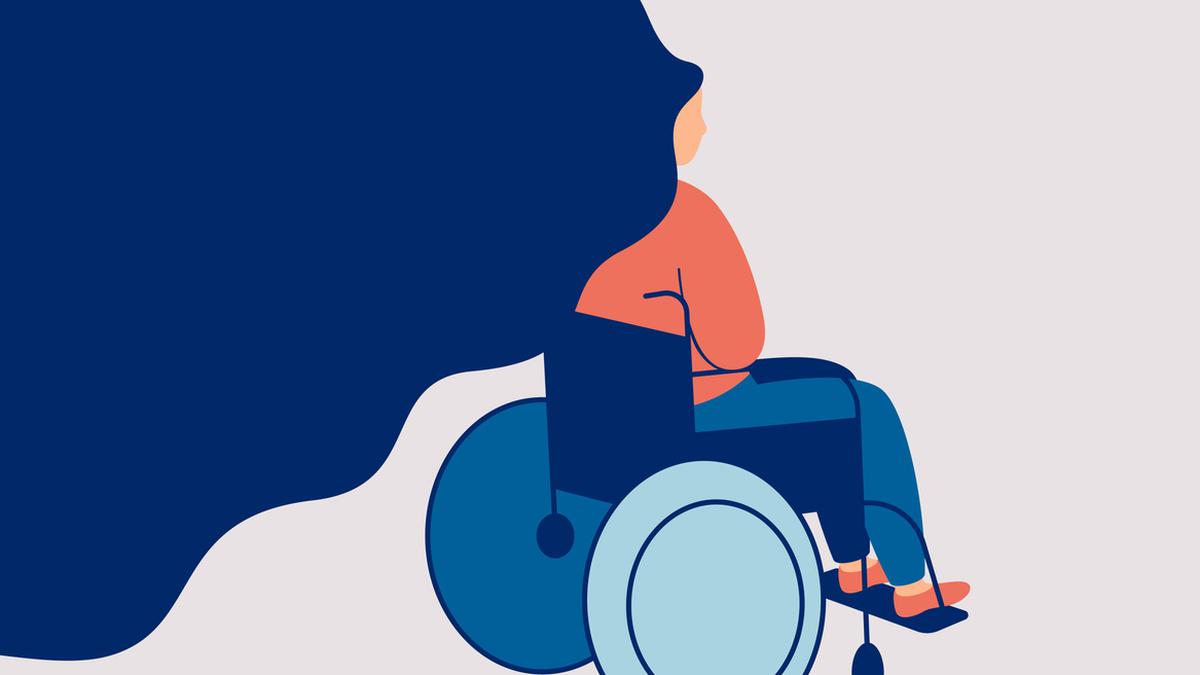
Retelling one fairy tale at a time | Review of ‘And They Lived… Ever After’ by Rising Flame
The Hindu
Rising Flame's anthology ‘And They Lived… Ever After’ reimagines fairytales with diverse characters, promoting inclusivity and empowerment for differently-abled women and children.
Once upon a time, 13 women raised their pens like righteous swords and slayed the vices of the world that sneaked into the noble pages of fairytales. They rewrote fables with fervour and courage and thus emerged their tales of victory — of princesses deaf or blind or in wheelchairs, of neurodivergent ducklings, and forgotten sisters and side characters. Rising Flame, an award-winning non-profit, strives to create an inclusive space for differently-abled women and children — in literature and in life. And They Lived… Ever After comprises writing from leading reformists, educators, and advocates from the field of disability.
These stories — some inspired by the writers’ own lived experiences — demonstrate that there is no one way of being a human being. Its resilient characters inspire “fresh ways of seeing the world”. Hearing-impaired women like Dhwanii can and do love music (in ‘Beat-Matching Beethoven’ by Parita Dholakia); blind students like Zara can sing and dance in plays (‘The Swan in Disguise’ by O. Aishwarya); Rapunzel and Snow White do not need knights in shining armours to rescue them; destinies can be rewritten like Niluka Gunawardena highlights in her story, ‘Quack’; and ducklings can be adopted by swans because love dissolves all differences as seen in Rakshita Shekhar’s rendition of ‘The Ugly Duckling’.
The stories speak to parents, partners, and educators alike. In subtle ways, the stories identify problem areas — shaming, bullying, prejudice, racism — and strive to change the narrative around disabilities, which are typically shown in a negative light. By using multiple voices, especially those of side characters like Cinderella’s sister and stepmother or of Rapunzel’s guardian/ captivator, or of the mother duck who birthed an ‘ugly’ duckling, the stories humanise those we presume to be villains, witches, or evil stepmothers.
In a world fixated with limiting people instead of enabling them, this anthology infuses renewed hope in readers. By putting fantasy and magical realism to good use, the book paves the way for a kinder, more accommodating world. If more writers and publishers follow Rising Flame’s suit, we will be raising empathetic children in no time; children who can manage conflicted emotions well and accept others for who they are. Soon enough, everyone will have their share of happily ever after.
The reviewer is a freelance feature writer. Instagram @read.dream.repeat





















 Run 3 Space | Play Space Running Game
Run 3 Space | Play Space Running Game Traffic Jam 3D | Online Racing Game
Traffic Jam 3D | Online Racing Game Duck Hunt | Play Old Classic Game
Duck Hunt | Play Old Classic Game











